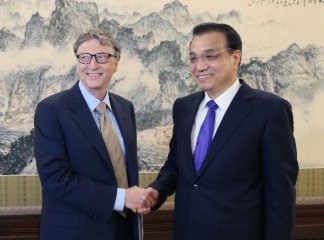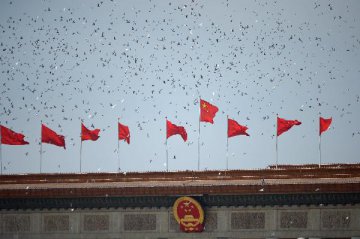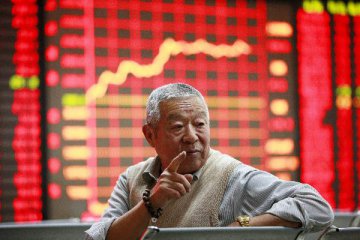
Chinese Premier Li Keqiang on Tuesday stressed the role of innovation in China's 13th Five-Year Plan (2016-2020), calling for further efforts to foster new growth sources and upgrade traditional ones.
At a symposium on the 13th Five-Year Plan, Li reiterated the new growth concept that highlights innovation, coordinated and green development, opening up and inclusiveness. Li said the formulation of the plan should be based on global and domestic economic conditions to strike a balance between growth and restructuring. More should be done to address industrial overcapacity, the aging population, fragile social security system, and insufficient public services, Li said.
Structural reforms at both supply and demand ends should be continued. The government will also seek to expand effective investment, upgrade consumption and pushing new types of urbanization. The five-year plan should focus on growth quality and efficiency to increase innovation's contribution to economic expansion, he said.
The symposium at the National Development and Reform Commission was attended by analysts and economists from both home and abroad, including Nobel-winning economist Joseph Stiglitz and World Bank economist Bert Hofman. This is the first time the State Council invited foreign experts to offer advice for a five-year plan.
According to an earlier communique on proposals for the plan period, China aims to double its 2010 GDP and per capita income of residents both in cities and rural areas by 2020. Although no numerical targets were offered, President Xi Jinping expounded in a later explanation that annual growth of 6.5 percent would be required for China to "build a moderately prosperous society" by 2020.
























Latest comments